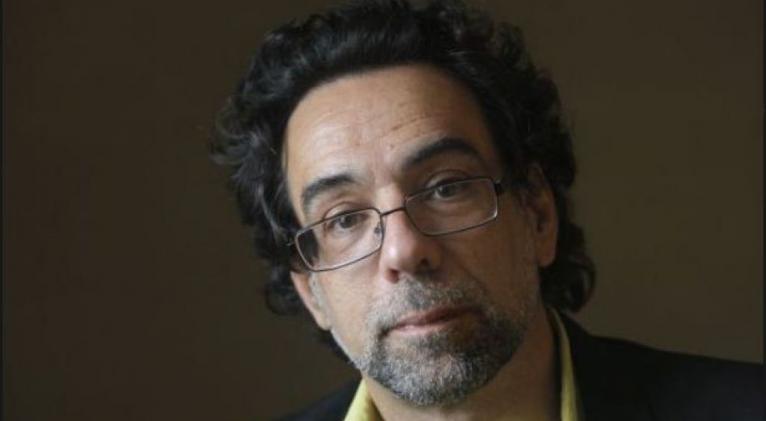Mauricio Vicent’s amnesia on Cuba's aid program for Haiti
especiales

Over three million people from 34 countries –mainly in Latin America– have recovered their sight thanks to the so-called Operation Milagro, a solidarity program between the governments of Cuba and Venezuela. Most of them would have been otherwise unable to afford and therefore would still be blind.
This is wonderful news. But the fact that this program has not been covered by any important international media is an even greater wonder. Blame it on today’s relentless censorship of any positive information coming from Cuba or Venezuela.
Take, for instance, the Spanish daily El País. This newspaper recently published a series of 10 chronicles and illustrated features, signed by Mauricio Vicent, about international aid workers in Haiti. Oddly enough, Cuba is not mentioned in any of them even once by someone who was a correspondent in Havana for 20 years and is thus perfectly aware of the Island’s support of that country.
We must bear in mind that Mauricio Vicent’s every report from Havana was a caustic remark directed at the Cuban Government, which he would regularly hold responsible for each of the country’s economic and social problem. His articles about Haiti, on the contrary, point to neither a government, nor capitalism, nor a decades-long neo-liberal and neo-colonial model as the culprit for the social disaster they describe.
Vicent compares Haiti’s very low human development indicators with the Dominican Republic’s, but not with Cuba’s, and labels the former’s infant mortality rate –70 per every 1,000 live births– as “outrageous” vis-à-vis the latter’s 21.3. Of course, not a word about Cuba, a country whose social and political system he reviled for years but whose rate is 17 times lower than Haiti’s, 5 times lower than the Dominican Republic’s, and even lower than those of the U.S. and Canada.
El País praises the unquestionably fruitful help Haiti has received from [organizations like] Doctors of the World, Fe y Alegría and Missionaries of Charity, but says nothing about Cuba’s huge solidarity work, let alone figures doubtlessly deserving of widespread international coverage. For instance:
- More than 11,000 Cuban aid workers, most of them doctors , have been to Haiti and treated over 20 million patients, 680,000 of them in their own homes. They have performed more than 373,000 surgical operations and attended 150,000 childbirths, saving more than 300,000 lives. They have also treated 322,000 patients in rehabilitation centers and operated on more than 60,000 people’s eyes. Around 700 Cuban aid workers are still in Haiti.
- Cuba’s solidarity extends to education as well. Over 250,000 Haitians have learned to read and write through Cuban programs, and nearly 1,300 students from that country have graduated from university scholarships granted by the Cuban government. There are 322 Haitians studying in Cuba right now, mostly at the Latin American Medical School, in which they are being prepared to practice where their country needs them most.
- The agreements of the so-called South-South triangular cooperation among Latin American nations have also been silenced by the media. Brazil, for example, has funded three health care centers in Haiti currently staffed by Cuban personnel. One of them is the National Rehabilitation Institute, where more than one million people with some kind of physical disability are treated. And over 30 community hospitals are under renovation or construction thanks to Venezuelan and Cuban solidarity work.
Nevertheless, not one of these facts is mentioned in the 10 plus articles about international aid to Haiti written by the former El País correspondent in Cuba, Mauricio Vicent, who seems to be suffering from a worrying case of transitional amnesia.













Add new comment